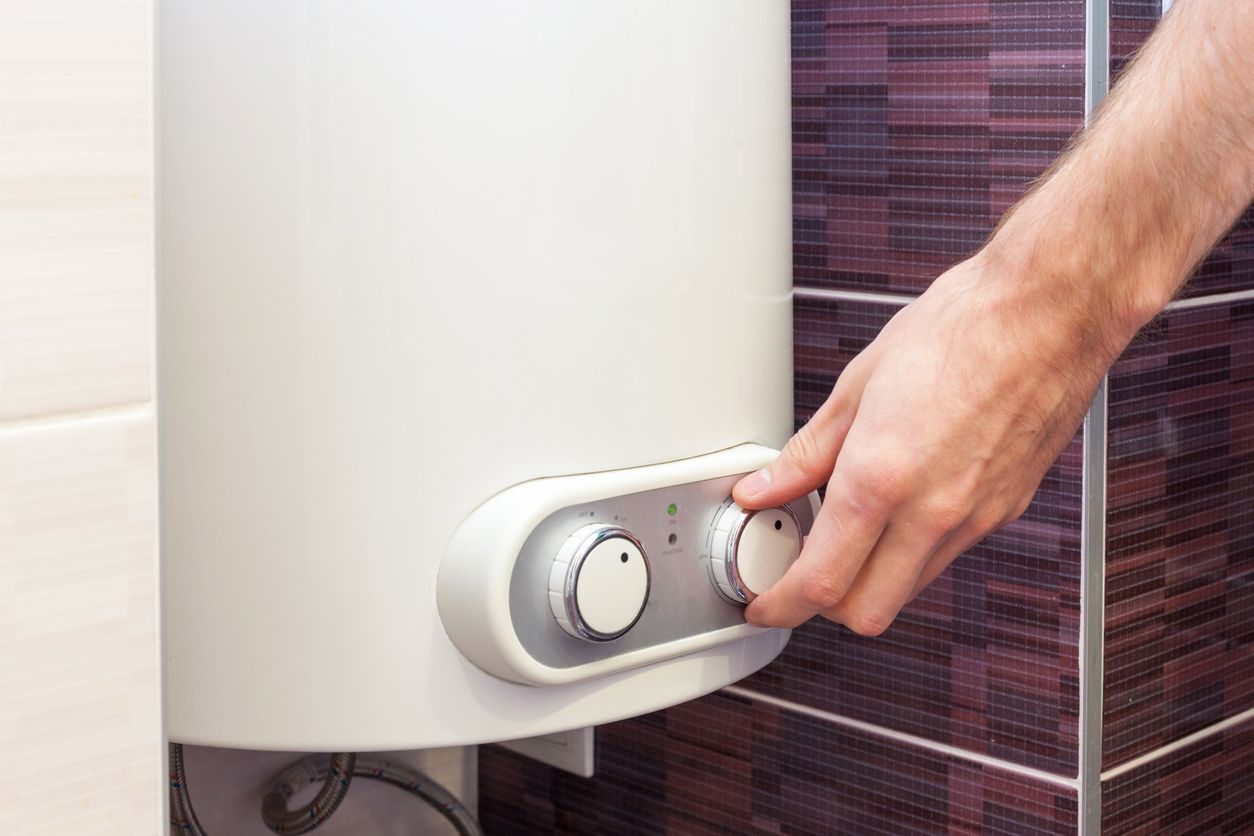Ways to Cope with the Major Hot Water Heater Urgencies
Ways to Cope with the Major Hot Water Heater Urgencies
Blog Article
Everyone seems to have their private theory with regards to Is Your Water Heater Leaking?.

A hot water heater is among the most vital fundamental appliances that can be located in a home. With water heaters, you do not need to experience the anxiety of home heating water manually every single time there is a need to wash, do the laundry, or the recipes. Nevertheless, there is always an opportunity that your water heater would certainly act up as with most mechanical devices.
It is very important to keep in mind any little malfunction and tackle it quickly before points leave hand. The majority of times, your hot water heater starts to malfunction when there is a build-up of debris as a result of continual usage. As a preventative measure, periodic flushing of your hot water heater is recommended to prevent sediment buildup and avoid practical failing.
Common water heater emergency situations and also exactly how to take care of them
Insufficient hot water
It may be that the water heating system can't sustain the hot water need for your apartment or condo. You could update your water heating unit to one with a larger capacity.
Rising and fall water temperature level.
Your water heater might start producing water of various temperatures generally ice chilly or hot hot. In this situation, the first thing you do is to guarantee that the temperature level is set to the preferred level. If after doing this, the water temperature keeps changing during showers or other activities, you may have a malfunctioning thermostat. There may be a requirement to change either the thermostat or the heating system of your water heater.
Leaky hot water heater container.
In this situation, you ought to transform off your water heating unit, enable it to cool down, as well as very carefully look for the source of the problem. At times, all you need to do is to tighten up a few screws or pipeline links in situations of minor leakages. If this doesn't function and also the leakage persists, you might need to employ the solutions of a technician for an ideal substitute.
Discolored or smelly water
When this occurs, you need to know if the issue is from the water or the storage tank source. If there is no amusing odor when you run cool water, after that you are specific that it is your water heater that is malfunctioning. The smelly water can be created by corrosion or the accumulation of microorganisms or debris in the water heating unit storage tank.
Final thought
Some homeowners disregard little warning as well as minor faults in their water heater system. This only causes more damage and a possible complete breakdown of your device. You need to manage your hot water heater faults as quickly as they come near avoid more expenditures as well as unnecessary emergency problems.
With water heating units, you don't need to go through the stress of home heating water manually every time there is a need to take a bathroom, do the laundry, or the meals. It may be that the water heater can not support the warm water demand for your apartment or condo. Your water heater might begin generating water of different temperature levels usually ice chilly or scalding warm. If there is no funny smell when you run cool water, then you are specific that it is your water heating unit that is faulty. The odiferous water can be caused by rust or the accumulation of microorganisms or sediments in the water heating system tank.
Common Water Heater Issues and What You Should Do
What Type of Water Heater Do You Have?
Before we begin it’s first important that you identify the type of water heater you have on your property. There are two main types of water heaters out there: conventional and high efficiency.
Both of these types of products typically use either gas or electricity to heat power. There are also solar water heaters that use a thermal collector on the roof or yard to heat the water.
While these models are not as common, they can cut heating costs in half. In this article, we will focus on conventional and high efficiency.
How Do My Electric and Gas Water Heater Work?
Though they look similar, electric and gas water heaters work very differently. It’s important to know their basic function because often problems can be specific to the heating source.
In the electric model, a thermostat on the side of the machine detects the temperature of the water in the tank. When the temperature needs to rise electricity flows to a heating element suspended in the water.
Gas models also use a thermostat device — typically with a mercury sensor at the tip and an additional sensor called a thermocouple. The thermocouple detects whether the pilot light is on and controls the flow of gas.
When the thermostat drops below the appropriate level gas is released which becomes ignited by the pilot light. The flame heats the bottom of the water tank which causes hot water to rise and cold water to drop.
This natural circulation continues until the water reaches the desired temperature. Then, the thermostat triggers the gas control valve to shut off the flow of gas.
What Are the Most Common Issues and How Do You Fix Them?
https://happyhiller.com/blog/common-water-heater-issues-and-what-you-should-do/

I recently found that write up about Common Hot Water Heater Problems when surfing the web. If you enjoyed our page kindly don't forget to pass it around. Thank you so much for going through it.
Call us now! Report this page